How to choose fertility-friendly sunscreen
Summer’s in full swing, which means you’ve probably already been slathering on the sunscreen. Good for you!
It’s important to protect your skin from UV damage and sunburn. But not all sunscreens are created equal, and some contain endocrine disrupting hormones, which means they’re not very fertility-friendly.
I know we’ve talked chemicals in personal care products here, but today I want to talk specifically about sunscreens. I’m going to walk you through why you should care what’s in your sunscreen, and what to look for when you buy:
Watch
Read the transcript
Hey guys! Kate here.
Now that summer is in full swing, I bet most of us have been slathering on the sunscreen. Which is good! It’s important to protect our skin from UV damage and sunburn. But, lots of sunscreens have some pretty terrible chemicals.
Now I know we’ve talked chemicals in personal care products before, but let’s talk sunscreen today. I’m going to walk you through why you should care what’s in your sunscreen, and what to look for when you buy.
So first, let’s talk some facts.
- Sunscreen should be your last defense. Cover up, stay in the shade, and avoid the sun when it’s at its peak (about 11am-3pm). Sunscreen can help prevent sunburn, but you still are receiving some Uv rays from the sun that cause skin damage and those pesky fine lines.
- You absorb things through your skin, so even though you’re not eating it, it’s still ending up in your bloodstream. Think birth control patches, or nicotine patches–they are both based on the idea that we absorb things through our skin–sunscreen is no different.
- Chemical vs. mineral sunscreens. There are basically 2 kinds of active ingredients in sunscreens that protecting your skin–chemicals or minerals. Chemicals are by far the most common and active ingredients can include oxybenzone, avobenzone, octisalate, octocrylene, homosalate and octinoxate. Mineral sunscreens usually use zinc oxide and/or titanium dioxide. And some products combine chemical and mineral filters. Some of these chemical ingredients are considered endocrine disruptors meaning they can mess with your hormones. Oxybenzone is the most worrisome of these. Not everyone agrees on the research, but my thought is, if there’s some doubt it’s messing with my hormones, im not going to do it. Mineral sunscreens usually use something called nanoparticles that are too big to be absorbed by the skin and don’t make it into the bloodstream. There is some controversy around the use of nanoparticles (which allow the white zinc oxide to rub in clear), but the consensus seems to be that they are safe, are not easily absorbed into the skin, and are a bettter option than chemical sunscreens.
- Don’t forget other ingredients. Just because you’re using a mineral sunscreen doesn’t mean it’s great. Preservatives and other ingredients can still be harmful, so be sure to check the label or check out EWG.org
- Don’t be fooled by high SPF. So SPF 100 sounds awesome, but it’s actually not that much more effective than spf 40, and people tend to reapply less often, which means they get less protection. And SPF 100 isn’t twice as effective as SPF 50 exactly. Sure it cuts the risk in half, but SPF 50 actually filters out 98% of UVB rays. When you cut that 2% gap in half, that means that spf 100 filters 99% of UVB rays. So not a huge difference, but psychologically, we think we are so much better, so 4 hours later we still haven’t reapplied. So you can stick with SPF 40 or 50 and still be very protected, just remember to reapply.
- Skip the spray–spray sunscreens carry the risk of inhalation–I’ve definitely inhaled from other people’s sunscreen application at the pool, and that’s not great either. No one loves greasy hands, but your lungs will thank you 🙂
So what sunscreens should you be using? The Environmental Workers’ Group (EWG) just released their annual report with top recommendations. They rank products on a scale of 0-10 (0 being the least concerning ingredient list), and I love to use their lists. You can check it out here: EWG’s Guide to Sunscreens
Some of their top beach sunscreens include Alba Botanica, which I’ve used and Goddess Garden. They’ve also got recommendations for kids and for SPF moisturizers.
Suntegrity ranks high on their moisturizer list and I’ve been using that this year and really loving it. You can check that out here.
So I know this can be super confusing, but to summarize:
- avoid high sun times, so you need less sunscreen in the first place
- use mineral sunscreens
- avoid the high SPFs and sprays
- check out the EWG list, or use their app at the store–you can scan a product and they will tell you its rating.
So soak up the sun, enjoy summer, and take care of your skin and your hormones. Talk to you soon!
Close
You can check out the EWG’s guide to sunscreen 2018 right here for their top recommendations.
So soak up the sun, enjoy summer, and take care of your skin–and hormones! 🙂

Hi! I'm Kate.
Fertility coach, period pro, & hormone healer. Creator of the Holistic Fertility Coach Training program. Helping you navigate your fertility journey. Read my story here
CONNECT WITH ME
SEARCH BY TOPIC:
OTHER POSTS YOU MAY ENJOY:

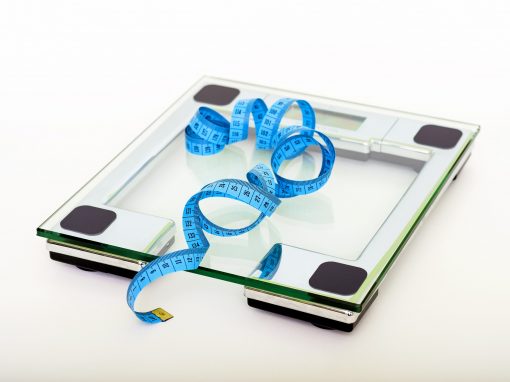

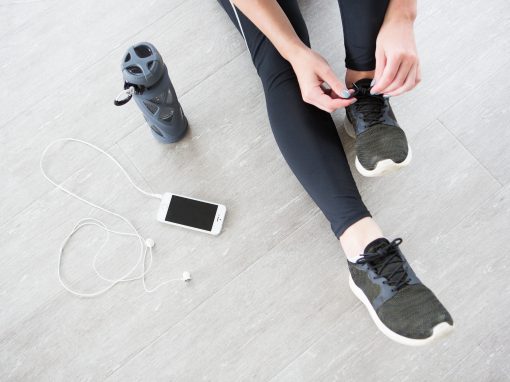



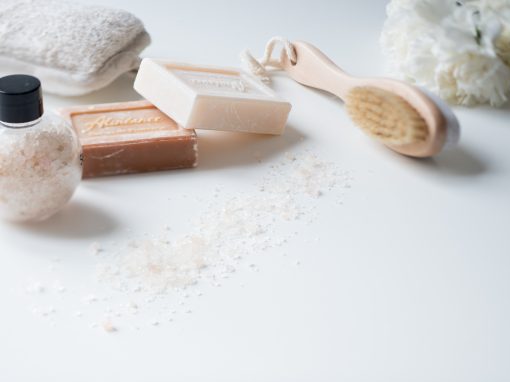





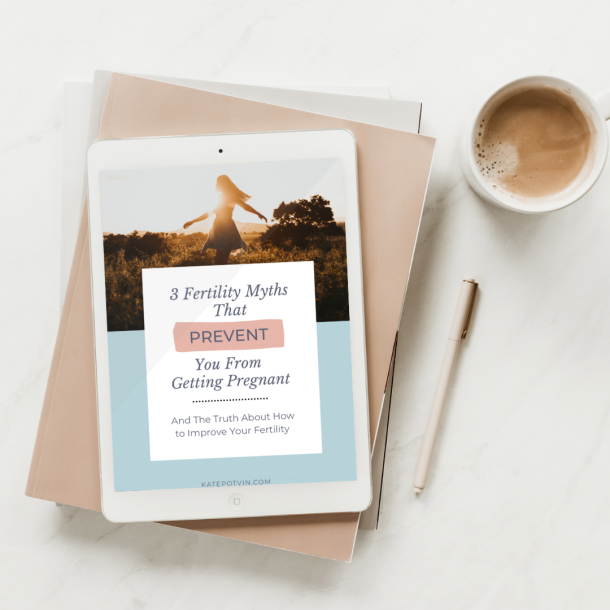
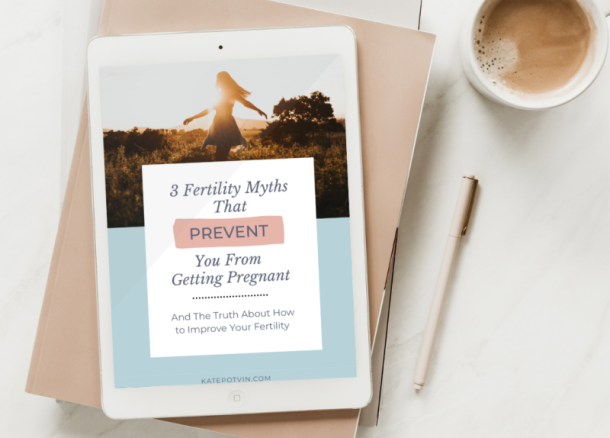
0 Comments